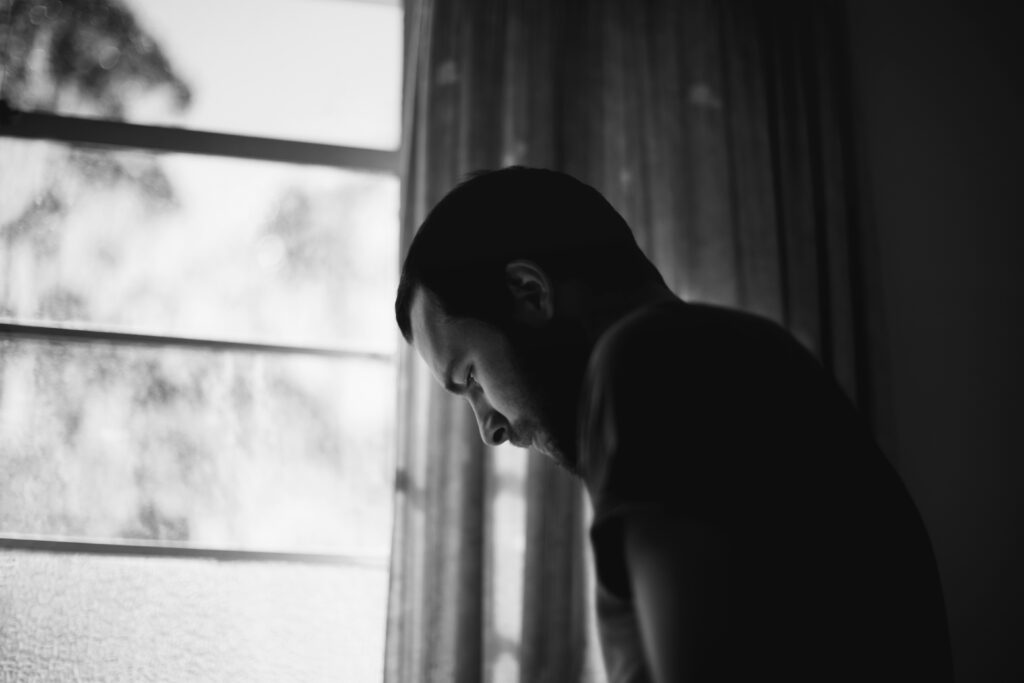At Etowah Recovery Center, our team of highly experienced addiction experts understands the role that triggers play and how they can undo all of your hard recovery work in an instant. It’s for this reason that a large part of our recovery support focuses on trigger identification and management.
Learning to recognize and respond to triggers is essential in protecting your sobriety, whether you’re newly sober or years into recovery. Triggers can be subtle, sudden, and deeply personal, but with self-awareness and support, they can be managed before they lead to relapse.
With that in mind, here are some practical tips for recognizing your triggers:
1. Reflect on Past Relapses or Close Calls
One of the most powerful ways to identify your triggers is to look at your own history. What situations, people, or emotions were present the last time you used or came close to using? Take time to journal or talk through these moments with your sponsor or therapist. Patterns will begin to emerge.
2. Identify Emotional Triggers
Many people in recovery find that certain emotions, like anger, loneliness, boredom, stress, or even excitement, can be dangerous. Emotional triggers are especially difficult because they can arise quickly and unexpectedly. Pay close attention to how you feel throughout the day and note when cravings increase. Emotional awareness is key.
3. Know Your Environmental Triggers
Places and situations that were once associated with substance use can reignite old habits. This includes bars, parties, specific neighborhoods, or even music or smells. As you build your sober lifestyle, be intentional about avoiding high-risk environments, especially early in your recovery journey.
4. Recognize Social Triggers
Sometimes the most powerful triggers come in the form of people, friends you used with, strained family relationships, or even coworkers who stress you out. Building a new, sober network is crucial. Surround yourself with people who support your recovery and respect your boundaries.
5. Pay Attention to Your Thoughts
Triggers often begin in the mind. A fleeting thought like, “I deserve just one,” or “No one will know,” can quickly spiral into dangerous territory. Learning to pause, recognize the thought, and redirect it with support or a coping strategy is a powerful skill in recovery.
6. Use the HALT Check-In
HALT stands for Hungry, Angry, Lonely, Tired, four common states that can leave you vulnerable. When you feel off or unsettled, check in with yourself: Am I hungry? Angry? Lonely? Tired? Addressing these needs can prevent a small problem from becoming a trigger.
7. Develop a Trigger Journal
Keeping a trigger journal can help you track when, where, and why cravings occur. Over time, you’ll notice patterns and be able to develop specific coping strategies for each trigger. Knowledge is power, especially when it comes to protecting your sobriety.
You’re Not Alone
At Etowah Recovery Center, we believe recovery is a daily practice, one that becomes stronger the more you understand yourself and your patterns. Recognizing your triggers is the first step toward managing them.
Our team is here to help you every step of the way with personalized care, relapse prevention planning, and ongoing support. If you’re ready to start your journey or strengthen the path you’re already on, we’re here for you.





